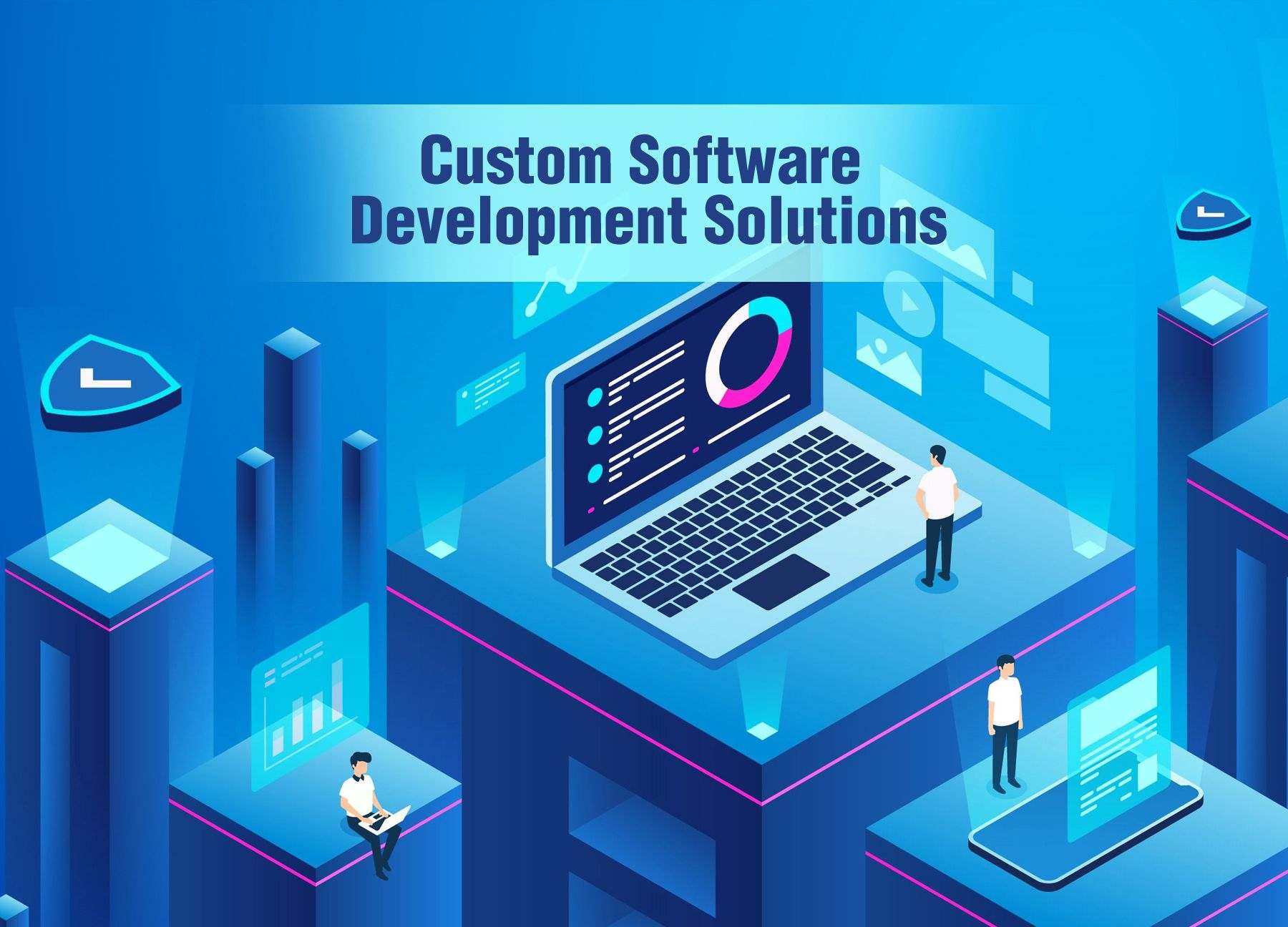As businesses evolve in 2025, the role of seamless software integration becomes more critical than ever. Organizations rely heavily on interconnected systems to enhance productivity, improve efficiency, and foster innovation. Let’s explore why partnering with a reliable software integration company and investing in software development solutions is key to staying competitive in today’s digital landscape.
1. Unified Operations and Centralized Data
In an age where data drives decisions, having disconnected systems can lead to chaos. Software integration unifies operations by connecting different tools and platforms, ensuring centralized data management. This results in more accurate reporting, seamless workflows, and better decision-making processes. Imagine running multiple apps without having to manually transfer data between them—software integration makes that possible.
2. Enhanced Productivity and Efficiency
Disconnected systems slow down productivity. Employees waste valuable time switching between platforms or duplicating tasks. Integration eliminates these bottlenecks by allowing tools to communicate efficiently. For instance, integrating customer relationship management (CRM) software with email marketing platforms helps automate campaigns, saving time and effort.
3. Cost Savings Through Automation
Manual tasks not only waste time but also add unnecessary costs. Software integration automates repetitive tasks, reducing labor costs and errors. Businesses can reallocate resources to focus on strategic goals rather than operational inefficiencies. Companies investing in software development solutions can design tailor-made integrations that significantly cut operational expenses.
4. Improved Customer Experience
Customer satisfaction is a key driver of growth. Integrated systems provide a 360-degree view of customer interactions, allowing businesses to deliver personalized experiences. For example, combining e-commerce platforms with inventory management systems ensures customers are informed about stock availability, reducing frustration and boosting satisfaction.
5. Scalability for Future Growth
As businesses grow, so do their technological needs. Scalable software integration ensures that new tools or platforms can be seamlessly added to existing systems without disrupting operations. Partnering with a trusted software integration company can future-proof your business, ensuring you’re ready to adapt to changing demands.
6. Strengthened Data Security
In 2025, data security is non-negotiable. Integrated systems reduce the risks associated with data silos, where unsecured or outdated systems can become vulnerabilities. Secure integration protocols ensure consistent security measures across all platforms, safeguarding sensitive information.
7. Competitive Advantage in a Digital-First World
Finally, staying ahead of the competition requires leveraging advanced technologies. Companies that invest in software development solutions and integrate their tools efficiently can innovate faster, deliver better services, and respond more quickly to market changes. Integration is not just an operational benefit; it’s a strategic advantage.
Also Read : How to Choose the Right Software Development Model for Your Business
Conclusion
Software integration is no longer a luxury—it’s a necessity in 2025. Businesses looking to streamline operations, improve customer experiences, and remain competitive must embrace the power of integration. Whether it’s automating workflows, ensuring data security, or scaling for the future, a reliable software integration company can guide you every step of the way.
Recent Posts
- How Server Testing Can Help You in Growing Your Business
- Understanding SunBiz: Florida’s Premier Business Resource
- Essentials Fear Of God Collection of Hoodies Comfort and Style
- GunBroker: The Ultimate Online Marketplace for Firearms and Accessories
- Bad Bunny Merch A Glimpse Into the Global Superstar’s Fashion Empire
- Make a Bold Statement with This Hoodie Fit Limited Edition
- Reasons Why Choose ReactJS for Web Development
- Stussy Hoodie in the Fashion Era A Timeless Streetwear Icon
- The SP5DER Hoodie A Bold Take on Modern Streetwear
- Fashion Hoodies for the New Year Embrace Comfort and Style
- The Importance of Fringe Repair and Binding for Your Area Rugs in Brooklyn
- Merch Stores Like Drake and Mac Miller Hoodies
- How a Web Design Agency Can Turn Your Vision Into a Stunning Reality
- Rhude & Corteiz Hoodie The Pinnacle of Luxury Streetwear
- Essential Features to Look for in Hotels and Party Halls

